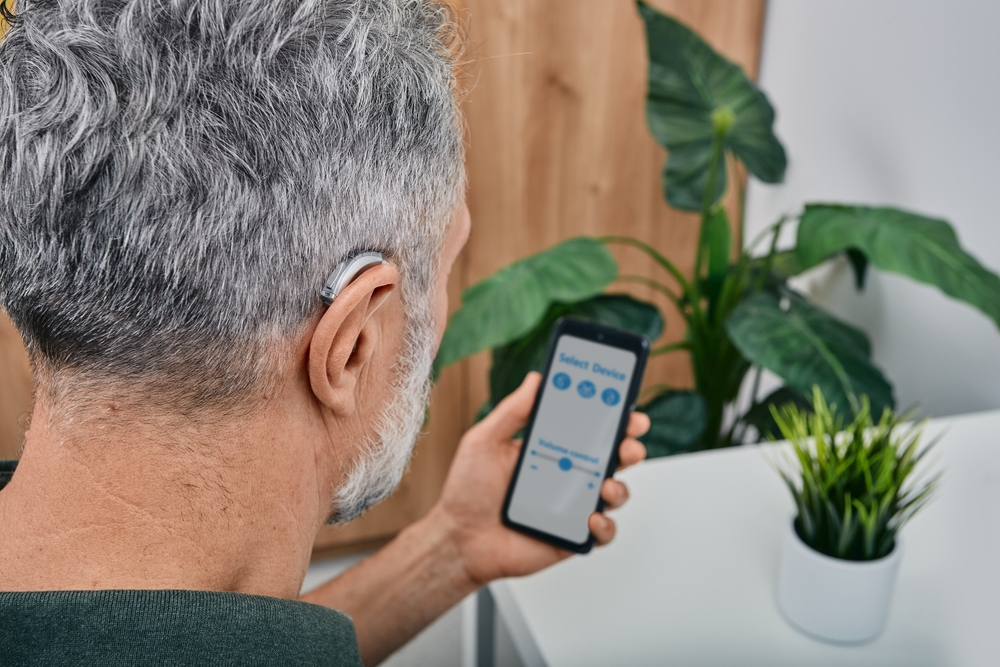
Even slight hearing loss can substantially impact everyday life, influencing interactions with friends, family, and co-workers, as well as complicating routine tasks such as grocery shopping. But transformative changes can be introduced by the use of correctly tuned hearing aids.
Top ten reasons to get hearing aids
Even though enhancing hearing is the obvious and primary benefit of hearing aids, their positive effect goes far beyond that. The following will comprehensively outline those benefits.
Healthier relationships due to stronger communication
Personal relationships rely on the ability to clearly communicate. Neglected hearing loss frequently contributes to lost conversations and misunderstandings, which can stress relationships. Hearing aids allow you to participate fully in conversations, enhancing your ability to connect with others and reducing feelings of isolation or disappointment.
Enhanced independence
Untreated hearing loss leads to obstacles in communication causing tasks like buying groceries to become challenging. Your ability to understand speech and hear in a variety of environments will be strengthened by hearing aids, allowing you to navigate these situations more independently. This increased independence extends to activities like driving, where enhanced situational awareness results in safer experiences.
Possibility of earning more
Reliable communication is key when you’re dealing with professional settings. Untreated hearing loss can hamper your ability to take part in meetings or discussions completely, potentially impacting job performance and career advancement. By using hearing aids, you can stay engaged and alert, enhancing your productivity and opening doors to career opportunities.
Discomfort from tinnitus can be decreased
Tinnitus, characterized by ringing in the ear, commonly accompanies hearing loss. Hearing aids can provide relief from tinnitus for some people by masking symptoms.
Mitigated cognitive decline
Some studies have revealed a connection between untreated hearing loss and mental decline, including dementia. By addressing hearing loss with hearing aids, you may decrease the risk of cognitive impairment and maintain better overall brain health.
The ability to enjoy music
The perception of music will be less enjoyable if hearing loss is altering your perception of it. Hearing aids restore the richness and depth of musical sounds by compensating for frequency gaps, allowing you to rediscover the pleasure of listening to your favorite songs.
Increased confidence
Clear hearing builds confidence in social interactions and professional settings alike. Your general quality of life will be enhanced and you will feel more competent when you can communicate better.
Having more energy
Neglected hearing loss pushes the brain to work extremely hard to fill in missing sound which can be mentally draining. With hearing aids, you won’t feel so tired and will be able to take part in all of those activities that you enjoy.
Enhanced safety and awareness
Awareness of one’s surroundings is crucial for safety, whether it’s crossing the road or driving a car. Hearing aids restore environmental sounds, including approaching vehicles or alarms, ensuring that you can react appropriately and safely.
Setting an example that is positive
Embracing hearing aids displays a proactive approach to health and well-being, establishing a positive example for others facing similar difficulties. It inspires people around you by revealing a commitment to personal improvement and growth.
Schedule a hearing exam today
While the primary benefit of hearing aids is to boost auditory perception, the ripple effects on various facets of life are powerful. Whether it’s nurturing stronger relationships, increasing independence, or protecting cognitive health, the decision to wear hearing aids is a step towards a more fulfilling and engaged life.
Make an appointment for a hearing test today and take the initial steps to hearing better.